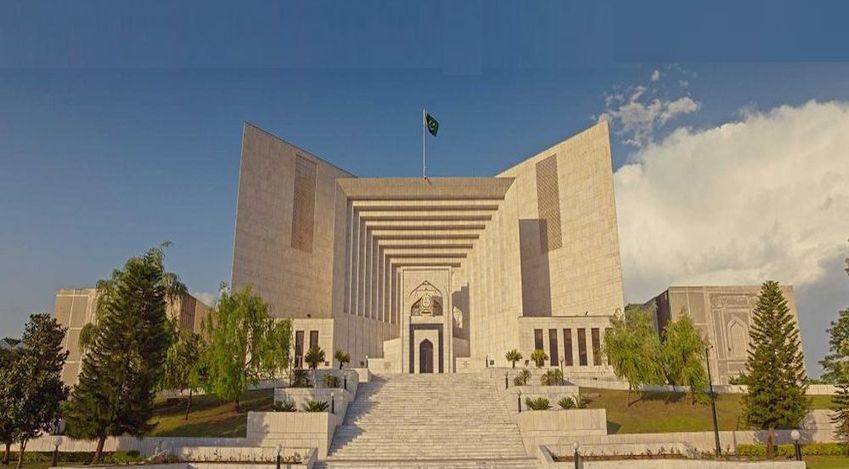Compulsory Retirement without Proper Inquiry --- Supreme Court of Pakistan uphold the Service Tribunal’s Decision to Reinstate Posthumously
Islamabad 09-12-2024: The Supreme Court of Pakistan dismissed a Civil Petition filed by the Government of Khyber Pakhtunkhwa, upholding the Khyber Pakhtunkhwa Service Tribunal’s decision in favor of Aurangzeb, a deceased ex-Primary School Head Teacher, who had been compulsorily retired without a formal inquiry.
A three-member bench, comprising Mr. Justice Amin-ud-Din Khan, Mr. Justice Muhammad Ali Mazhar, and Mr. Justice Irfan Saadat Khan, ruled that the compulsory retirement order violated the principles of natural justice due to procedural lapses and the absence of a proper inquiry.
Aurangzeb, a head teacher in the Elementary & Secondary Education Department, was served a show cause notice on September 16, 2022, citing allegations of misconduct, including abusive language, using students for labor, and other inappropriate behavior. The department compulsorily retired him on October 12, 2022, without conducting a full inquiry.
After the rejection of his departmental appeal, Aurangzeb filed a Service Appeal before the Khyber Pakhtunkhwa Service Tribunal. The tribunal overturned the retirement order, reinstating him posthumously as the teacher had passed away during the appeal.
The Court criticized the government’s failure to conduct a formal inquiry under the Khyber Pakhtunkhwa Government Servants (Efficiency & Discipline) Rules, 2011, specifically Rule 5, which mandates a proper inquiry unless exceptional reasons are recorded in writing. The Court emphasized that the principle of natural justice demands a fair opportunity for the accused to present a defense.
In its judgment, the Court noted that procedural lapses often undermine the credibility of departmental actions. It highlighted that hasty and defective disciplinary actions are likely to be reversed, benefiting delinquent employees even in cases of serious allegations.
Reiterating the role of service tribunals as the highest Appellate forum for civil servants, the Court clarified its limited jurisdiction under Article 212 of the Constitution, which permits intervention only on substantial questions of public importance. The Petitioners failed to demonstrate such a question.
The Petition was dismissed, and leave to appeal was refused. The judgment reinforces the importance of due process and procedural fairness in disciplinary proceedings, warning against undue haste and lack of adherence to legal frameworks.
Powered by Froala Editor








